Shop
-
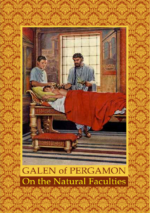
Aelius Galenus – Galen
$1.99 -
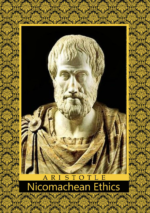
Aristotles Nichomachean Ethics
$1.99 -
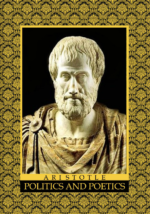
Aristotles Politics and Poetics
$1.99 -
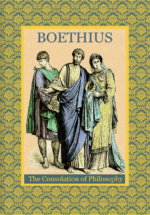
Boethius: The Consolation of Philosophy
$1.99 -

Boethius: The Trinity is One God not Three
$1.99 -
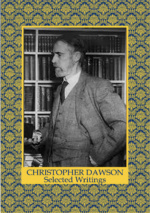
Christopher Dawson
$1.99 -
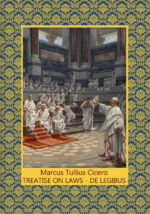
Cicero’s Treatise on Laws (De Legibus)
$1.99 -
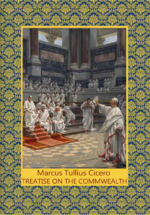
Cicero’s Treatise on the Commonwealth (De Republica)
$1.99 -
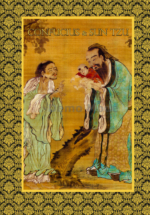
Confucius and Sun Tzu
$1.99 -
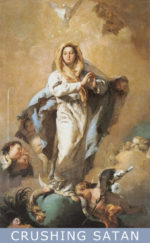
Crushing Satan PDF
$5.00 -
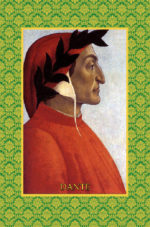
Dante’s Divine Comedy – Purgatory
$1.99 -

Dante’s Divine Comedy – The Inferno
$1.99